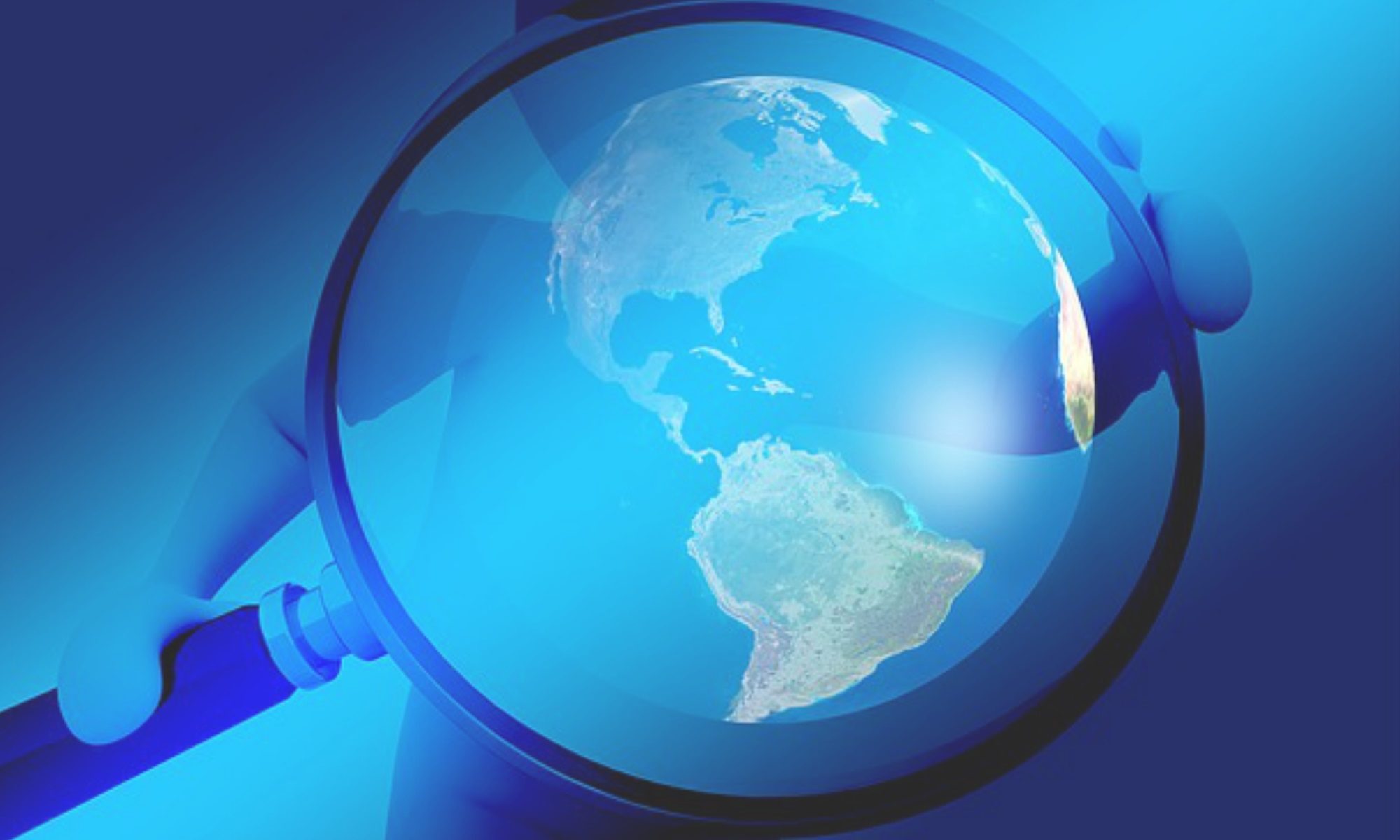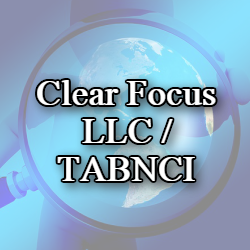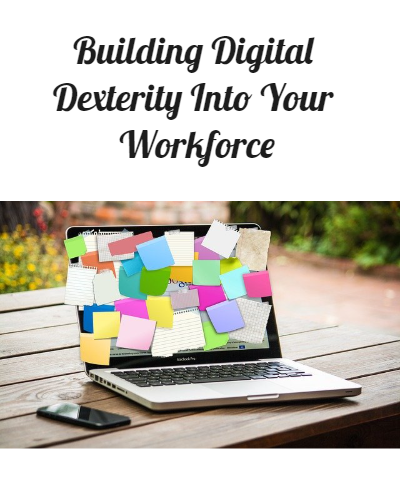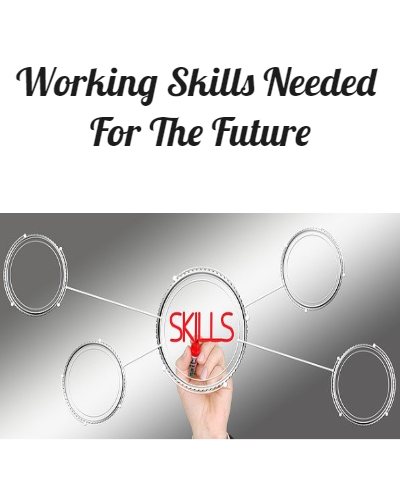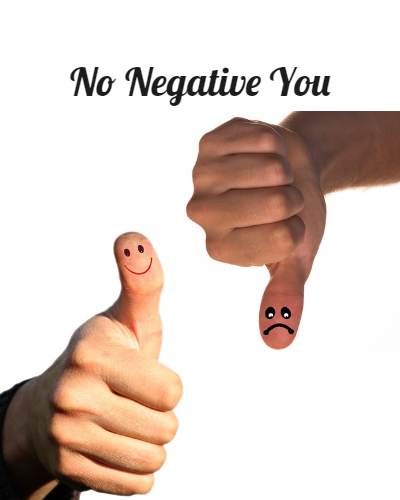Building Digital Dexterity Into Your Workforce
Earlier than 2020, working remotely at home was almost unheard of unless you were a private business owner or worked overseas. Today the realities of the Covid-19 pandemic have changed the game. Many companies have transitioned into a work environment that supports remote work from home scenarios, hybrid office days, and digital meetings. During the beginning of the pandemic, many mid-sized companies found ways to cut spending on travel, training, promotions, marketing, hiring across the board with the expectation of digital technologies. This expense for employees significantly increased as work became more digital. This expense continues as companies continue to utilize a hybrid digital-work scenario.
Though companies will do their best to meet this growing need for technological collaboration, they will fail if they do not improve their digital dexterity. Using technology to grow the business in all aspects is every leader’s hope.
Why Is Digital Dexterity Important?
Technology advancement has skyrocketed since the invention of IBM PC in 1980. Companies have competed to showcase their latest technological advancement, which will aid in business and manufacturing across the globe. Technology certainly has advanced many different professions and taken business to new heights.
The progression led to the internet, then onto smartphone technology, and from there cloud servers.
Digital dexterity is now more important than ever. As each part of an organization functions separately, it is difficult to get everyone on the same page with advances in technology as it changes. The pandemic has taught us that having these technology systems in place like SaaS-based personal and team productivity applications helps flip-flop between remote settings and the workplace.
How To Build Digital Dexterity in the Workforce
The level of digital dexterity in an organization often determines the likelihood of success for a digital transformation. About 16% of all leaders and 9% of employees have a high level of digital dexterity. Below are ways to build a digital ambitious company:
- Teach employees how digital dexterity can help them reach their career goals and grow as a person.
- Replicate what works at other successful companies and model the practices through your teams.
- Offer Broker development experiences to employees. Help employees build new skills in ways they find most interesting to them.
- Identify employees who can act as “digital translators” and “skill disseminators” to help encourage the movement to digital dexterity and coach others.
The economy is unpredictable in many ways, but one thing is certain: the need for digital dexterity. Our society will continue to grow and technologically advance despite what setbacks our economy endures. The hybrid remote workforce is no longer taboo as many companies continue to make this the new normal. Using these techniques will help you to ease this transition and motivate your employees.
We would love to hear your comments on this article or any of our latest articles.
Gary Brunson
gary@myclearfocus.com
Debra Rider
debra@myclearfocus.com
574.361.2674
Sustainable Growth & Profit Consultant, Coach, Mentor and Counselor/Therapist for Business Owners and Professionals.
All articles, quotes, and material in this newsletter are copyrighted by our associate Gary Sorrell, Sorrell Associates, LLC ©. No part can be reproduced in any form without specific written consent. All rights reserved worldwide. Thank you!
